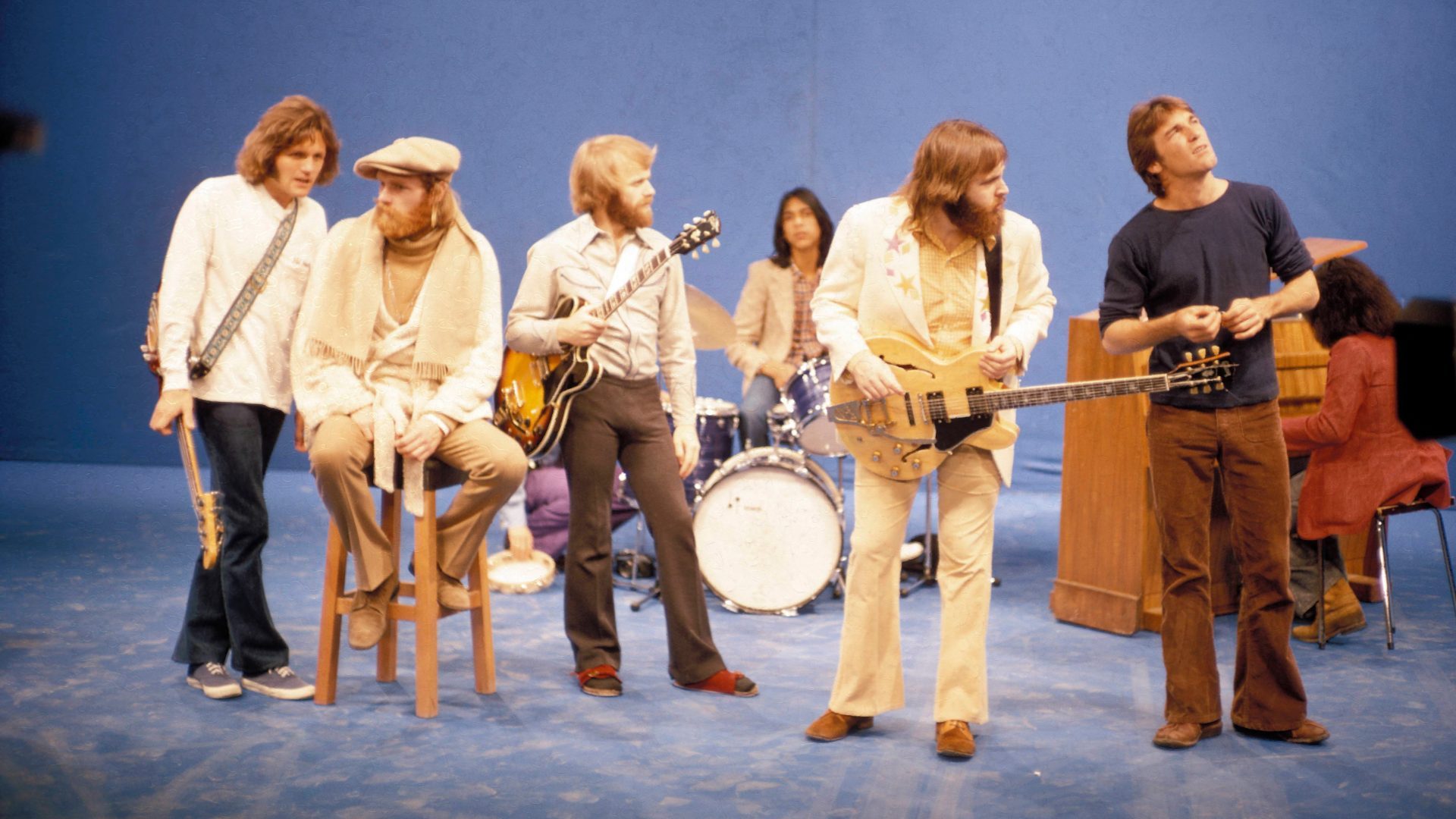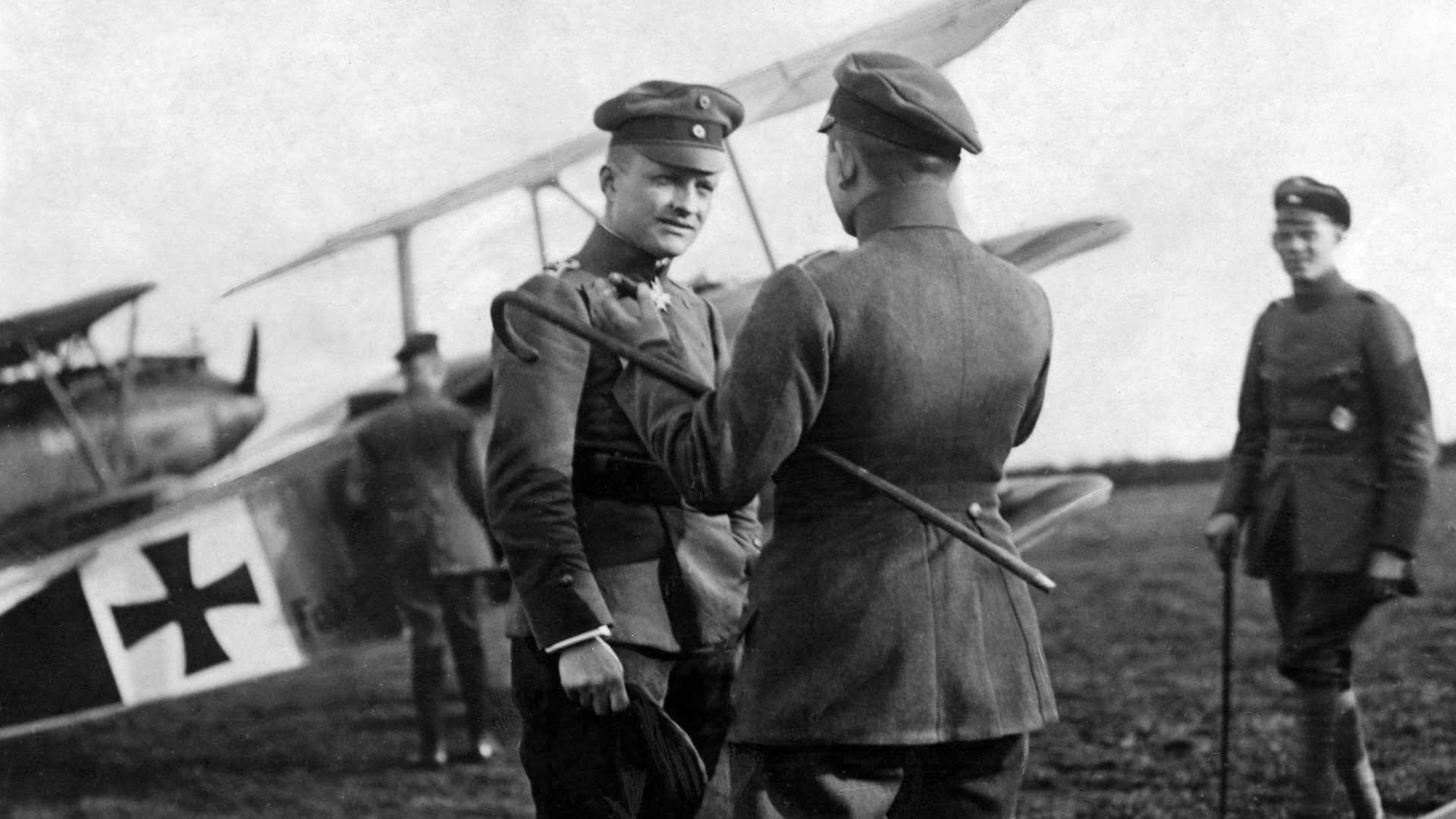There is a well-known village in the heart of the Norfolk Broads called Wroxham; it is an important centre for trips on the River Bure and boating holidays on the Broads.
Probably much less well known is the fact that 50 miles to the west of the Broads, close to the Cambridgeshire border but still in Norfolk, there is another much smaller village called Roxham. The names of these two places are spelt differently, but they are pronounced exactly the same. And there is a clear reason for this.
English has many pairs of words which begin, respectively, with wr- and r-: wright and right; wring and ring; wrap and rap; wrote and rote; wrest and rest. Each pair has an identical pronunciation even though they have different spellings. And they are spelt differently because they used to be pronounced differently – but English spelling no longer accurately reflects current English pronunciation.
“Phonotactics” is the study of the permitted combinations of vowels and consonants in any given language (Hamupeke, TNE #95), and languages do differ enormously with respect to which combinations of vowels and consonants they allow to occur.
The phonotactics of the Polish language allows for words such as Gdańsk, and the Czech language permits words such as Dvořák. English has both G and D, but we cannot begin words with the one followed by the other; similarly with the combination of D and V.
The phrase “cannot begin words” does not of course signify that speakers are physically incapable of pronouncing that combination of sounds, simply that the structure of the language itself does not allow for it.
But the same language can also differ considerably between one historical period and another. Until about 1600, in English, the consonant K could be followed by the consonant N, as in knight, knee, and know. Queen Elizabeth I would have pronounced the word knock with the first K intact: “k-nock”. Queen Elizabeth II, as we all remember, did not: these days, we have lost the freedom to begin English words with the combination of the sounds contained in the cluster KN.
Similarly, in Old English, which was the version of our language spoken before about 1100, it was permitted at the beginning of a word for the W sound to be followed by the R sound, hence “W-roxham”. But in Modern English this way of saying it is no longer possible.
The name of the village of Wroxham is spelt like it is today because it used to be pronounced like that. But some time after 1100 the consonant W, where it occurred before an R, was gradually lost from the pronunciation of all English speakers; and the spelling of Modern English now lags many hundreds of years behind its sound system.
The further we go back into the history of English, the more we find that our linguistic ancestors were free to come up with groupings of consonants which the sound structure of our language today no longer allows us to produce.
The Old English word for ‘ring’ was hring, and their word for ‘reed’ was hriod. ‘Loaf’ was hlaf, and ‘laughter’ was hleahtor. English speakers are no longer able to begin a word with the sounds HR or HL, but a thousand years ago we could.
Wlitan
Wlitan is an Old English (Anglo-Saxon) word meaning ‘to gaze’. It no longer exists in English, and indeed could not occur in that form, since it does not meet the requirements of Modern English word structure: Wl- is not allowed. The Anglo-Saxon word wlisp does survive, however, but by having assumed the modern form lisp.




